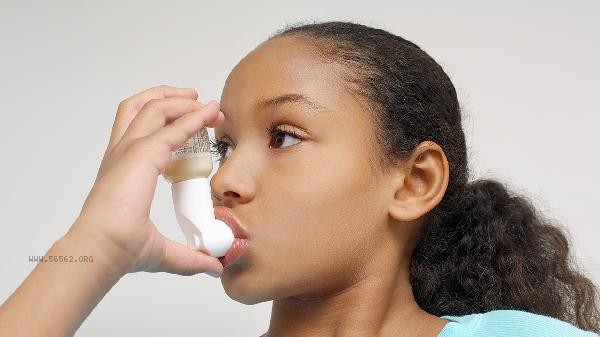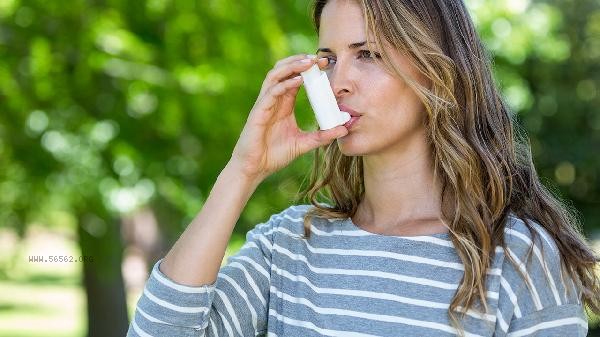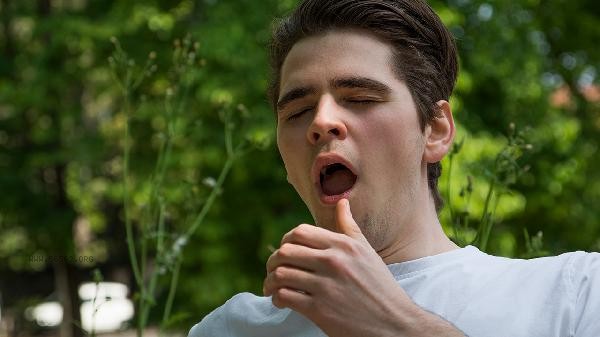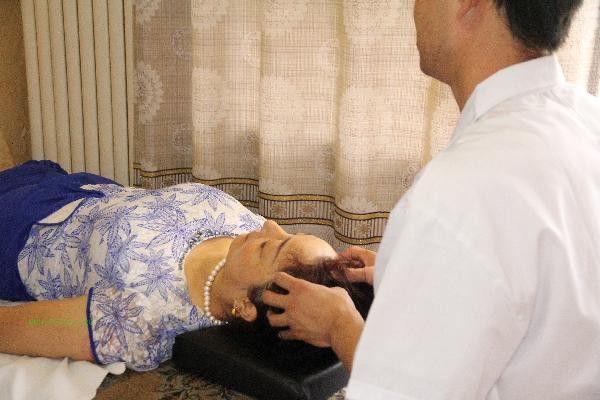Patients with variant asthma can follow the doctor's advice to use traditional Chinese medicine formulas such as Xiaoqinglong Tang, Shegan Mahuang Tang, Dingchuan Tang, Suzi Jiangqi Tang, Yupingfeng San, etc. Variant asthma belongs to the category of traditional Chinese medicine asthma, which is often caused by external pathogenic factors that induce phlegm accumulation and damage to the lungs, spleen, and kidney. Therefore, it is necessary to select formulas such as Warm Lung and Dissolve Drink, Promote Lung and Relieve Asthma, and Nourish the Spleen and Lungs based on syndrome differentiation.

1. Xiaoqinglong Tang
Xiaoqinglong Tang is composed of ephedra, cassia twigs, and asarum, and is suitable for variant asthma of external cold and internal drinking type. It is characterized by coughing and wheezing, white and sparse phlegm, and chills without sweating. In the formula, ephedra is used to promote lung function and relieve asthma, cassia twig is used to warm yang and transform qi, and Xixin is used to warm the lungs and transform yin. It is combined with peony and licorice to balance the body's health. Modern research has shown that this formula can reduce airway hyperresponsiveness, but it is contraindicated for patients with yin deficiency and dry cough.
2. Shegan Mahuang Tang
Shegan Mahuang Tang contains medicines such as Shegan, Mahuang, and Aster. It is mainly used for treating asthma of the cold drink stagnation type, with symptoms such as phlegm in the throat and fullness of the chest and diaphragm. Shegan is used to clear heat and detoxify, ephedra is used to promote lung function and relieve external symptoms, Aster is used to reduce phlegm and cough, and combined with ginger to dispel cold and harmonize the stomach. This formula alleviates airway spasms by inhibiting the release of inflammatory factors, and it is necessary to avoid eating raw and cold foods during use.
3. Dingchuan Decoction
Dingchuan Decoction is mainly composed of white fruit, ephedra, and mulberry bark, targeting phlegm heat obstructing lung type asthma, with yellow and viscous phlegm and rapid breathing. Baiguo is used to tighten the lungs and relieve asthma, ephedra is used to clear the lungs and relieve heat, mulberry bark is used to clear the lungs and relieve asthma, and combined with Huangqin and Banxia to clear heat and phlegm. Clinical studies have shown that this formula can improve lung function indicators, but it should be used with caution in patients with loose stools.

4. Suzi Jiangqi Decoction
Suzi Jiangqi Decoction is composed of purple Suzi, Magnolia officinalis, and Qianhu, and is suitable for phlegm qi obstruction type asthma, manifested as chest and rib distension, wheezing, and shoulder lifting. Perilla seed reduces qi and phlegm, Magnolia officinalis promotes qi circulation and eliminates fullness, Qianhu disperses wind heat, and is combined with Angelica sinensis to promote blood circulation and moisten dryness. This formula can regulate the function of the autonomic nervous system. For those with chronic cough due to qi deficiency, it should be combined with tonics.
5. Yupingfeng Powder
Yupingfeng Powder contains three herbs: Huangqi, atractylodes macrocephala, and Fangfeng. It is used for the relief period of asthma with lung spleen deficiency, characterized by shortness of breath, spontaneous sweating, and susceptibility to wind cold. Huangqi nourishes the spleen and lungs, Atractylodes macrocephala strengthens the spleen and dampness, prevents wind and dispells wind, and strengthens the exterior. The combination of the three enhances the function of external defense. Research has shown that this formula can reduce the frequency of asthma attacks, but symptomatic prescriptions need to be used during acute attacks. During the use of traditional Chinese medicine, patients with variant asthma should avoid wind and cold, avoid seafood, and maintain a clean and ventilated living environment. It is recommended to cooperate with breathing guidance exercises such as the Six Character Formula to avoid intense exercise inducing wheezing. If adverse reactions such as palpitations and rashes occur after medication, the medication should be stopped in a timely manner for medical treatment. Long term medication users need to undergo regular liver and kidney function check ups. During acute attacks, it is still necessary to use western medicine such as bronchodilators to control symptoms.







Comments (0)
Leave a Comment
No comments yet
Be the first to share your thoughts!